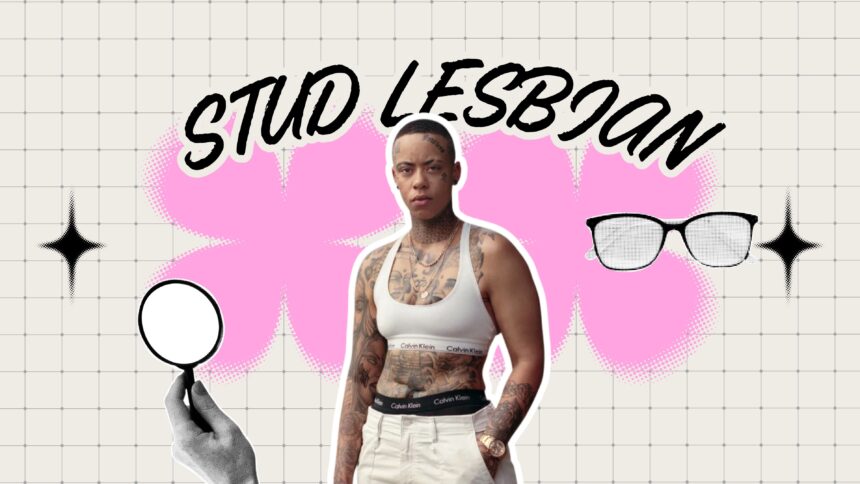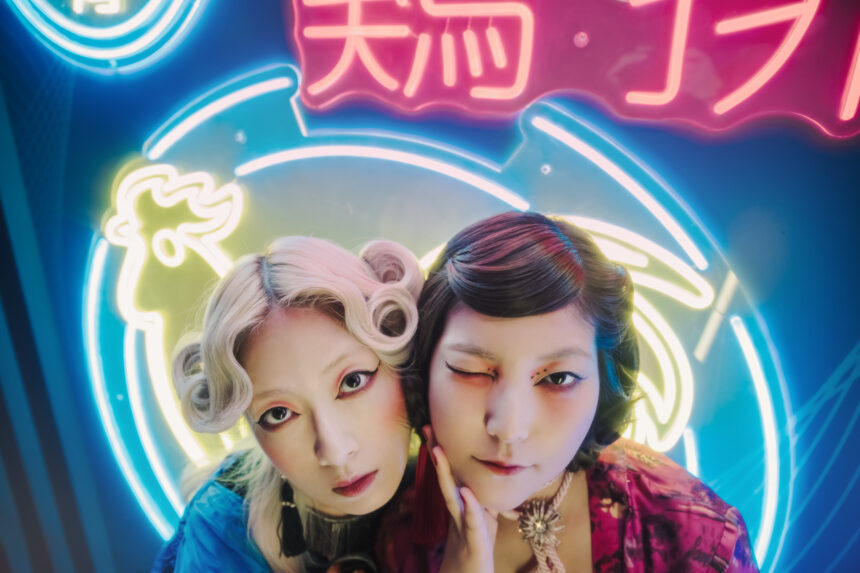If you’re less initiated in the lesbian community (or, heaven forfend, a man) you may hear the word “stud” and think of a 1970s letterman jock, or a 1980s bodybuilder. Banish these thoughts from your mind: we are talking about stud lesbians today!
So what is a stud lesbian? Who is — and is not — a stud lesbian? Where did this term come from? Don’t worry, Japan Gay Guide is here to walk you through the story of stud lesbians.
What Does Stud Lesbian Mean?
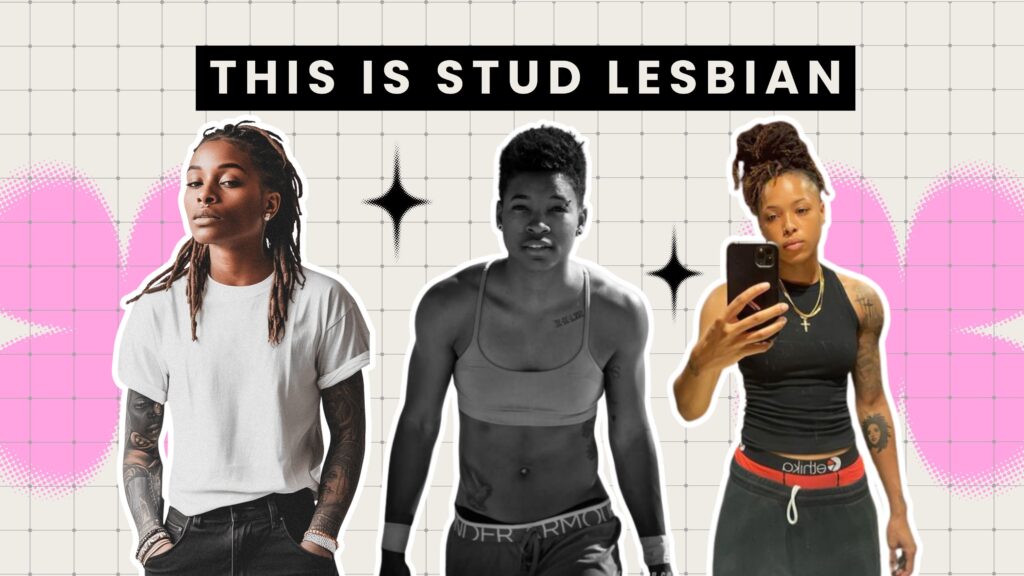
Essentially, “stud” lesbians are black queer women who present masculine presenting (masc), and could be considered similar to the term “butch.” However, where “butch” is a universal term for masc presenting lesbians (and has degrees, from “soft butch” to “stone butch”), “stud” has a more specific meaning, in that it applies to black and black mixed-raced lesbians.
History and Cultural Roots of the Word Stud

The term “stud” originated in US black lesbian culture. Although the exact genesis of the term in unclear, it is known that it came to prominence in the 1960s. It is believed that is came about in order to distinguish black butch lesbians from their white peers. But why was such a distinction necessary?
This was in part because — as with many social movements in the US of this era — white LGBTQ+ people were most visible, but black and other LGBTQ+ racial minorities were not only often more heavily involved in grassroots activism, but were also more vulnerable to backlash, including violence.
Additionally, black women (including black lesbians) have been “masculinized” in the eyes of non-black people (including white sapphics) in the US and beyond for hundreds of years. As such, black lesbians who presented masc would use the term to differentiate themselves from other black women, as if to say, “no, we’re the masc black women.”
Since then, the term has emerged as a more popular alternative in the US black community to describe masc lesbians than “butch” (for those who are curious, the usual “femme” equivalent in the black community is “fish”).
So what’s the difference between Stud Lesbian vs. Butch and Masc Lesbians?
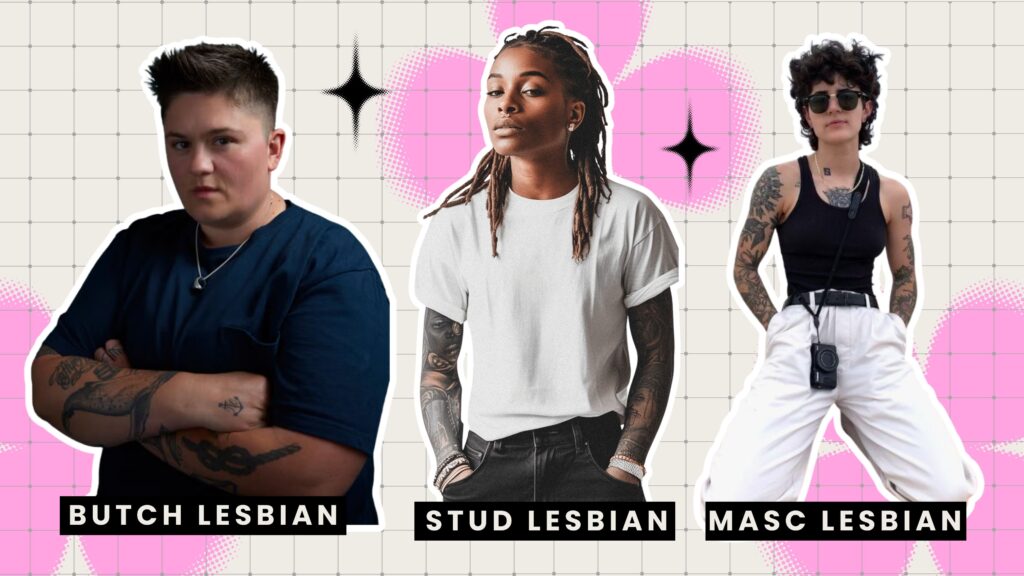
As mentioned above, the primary distinction is the racial component. Emerging from black lesbian culture, stud lesbians may dress and present in the same (or at least, very similar) manner as non-black butch lesbians, but this is often not their preferred terminology.
While studs have a masculine identity and expression, they may not identify as butch (although some may argue that stud is a subsection of the butch community, but one exclusively for black lesbians) and would not identify as masc, which can often fall more into the category of androgynous. Studs, like butches, tend to be very much on the masculine side of identity, and so the generic “masc” may not only be inaccurate, but also could cause offense. As we discussed above, this is, in large part, due to the history of racism in the US.
Is “Stud Lesbian” Offensive?
As always, one should not assume that someone identifies as a “stud,” so let them introduce themselves as one, or, if you’re feeling bold, you might ask.
However, if you are not black or of African descent — and especially if you are white — you should absolutely not identify as a stud. This is a major faux pas, and is likely to make people uncomfortable at best. So avoid, unless you particularly enjoy getting dragged to filth.
Stud Lesbian Style, Expression, and Icons
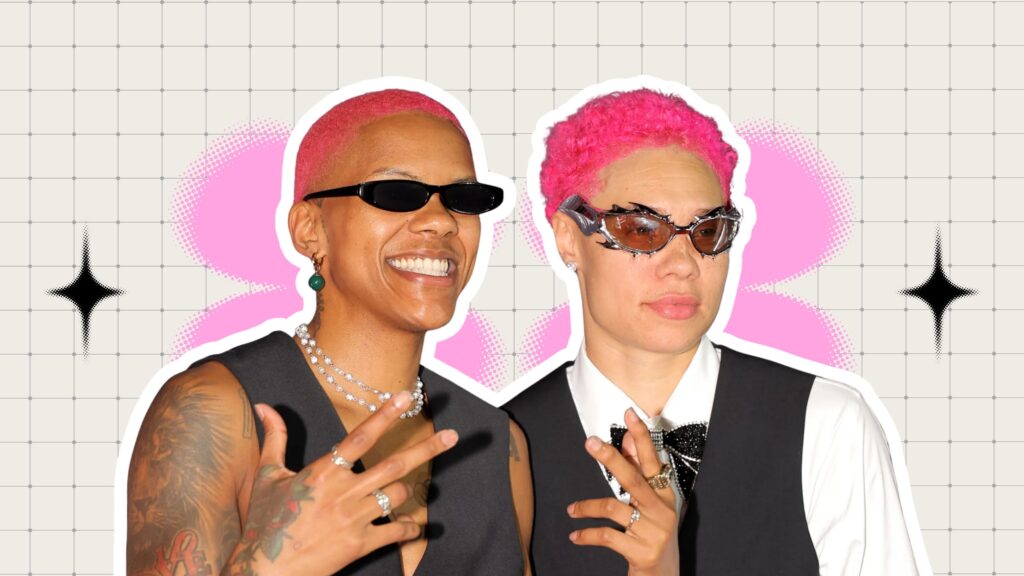
Stud lesbians, who are (as mentioned) very much on the masculine side of expression, may share several fashion or expression styles that align with butch lesbians. This, however, begs the question: what does it mean to present “masc”? This is a diverse spectrum in and of itself. Luckily for our purposes, we can take some examples that might exemplify what we mean when we discuss stud lesbians and the diversity of presentation range that they enjoy.
Stormé DeLarverie

First, we would be remiss not to discuss Stormé DeLarverie. After a difficult childhood as a mixed-race child in the 20th Century US, they became a drag king (after, ironically, being arrested twice for being a drag queen when wearing feminine clothes).
They were the MC of the Jewel Box Revue, as well as being the only drag king in the show, as was photographed and renowned as “the lady who looks like a gentleman,” thanks to their svelte appearance in a well-tapered suit.
Already an icon in their own time, DeLarverie earned their place in history by being, by all accounts, the first person to throw a punch at Stonewall. This was the catalyst for LGBTQ+ rights demonstrations and activism across much of the US. Often described as the “Stonewall riots,” to hear DeLarverie tell it, this is a misnomer, as she said:
“It was a rebellion, it was an uprising, it was a civil rights disobedience – it wasn’t no damn riot.”
Lena Waithe
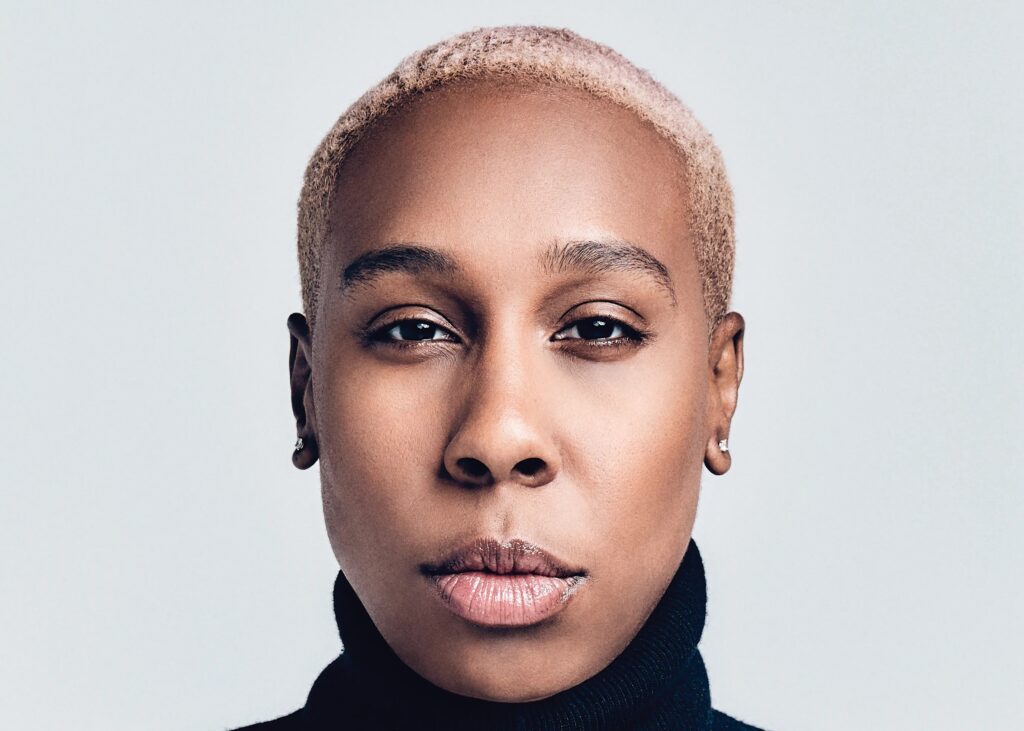
Star of stage and screen, Lena Waithe came to public attention for her role as Denise in the Netflix series Master of None. Playing what she describes as a “heightened version” or herself (as did all the cast), she enjoys typically masculine interests and wears football and baseball jerseys with snapback caps.
As she says, this type of character was fairly new to television: while black lesbians have been portrayed on television before, this was a type of stud that rarely, if ever got attention. She also wrote for the show, and won the Primetime Emmy Award for Outstanding Writing.
In her personal life, Waithe identifies as a “soft stud,” which is to say that while she does feel that she has some stud attributes, she doesn’t identify with the “harder” aspects of the identity. For a comparison, in a more “general” butch identity, she might be considered a “soft butch,” rather than a “stone butch.”
Syd

Also known as Syd Tha Kyd, she was a member of the hip-hop collected Odd Future before becoming a founder and leader singer of The Internet. Known for her confident, brash exterior coupled with a more classically feminine voice that defies conventions of both hip-hop and R&B.
Her lyrics are also clearly by — and for — lesbians. Today, as well as working with The Internet, she has also launched solo projects, effortlessly blending a stud swag with a silky voice and a sensitivity to swearing that demonstrates her masculine presentation with a somewhat more feminine performance.
Other Lesbian Identity Terms
Lesbian identities as are varied and interesting as our sisters are themselves. Here are a few examples of some other subcategories.
- Butch Lesbian: A lesbian who presents masculine
- Femme Lesbian: A lesbian who presents feminine
- Chapstick Lesbian: A lesbian who exhibits some feminine and some masculine traits, either simultaneously or expressing themselves differently at different time
- Stem Lesbian: Similarly to stud lesbians, this is similar to a chapstick lesbian, but the term is reserved only for people of color

